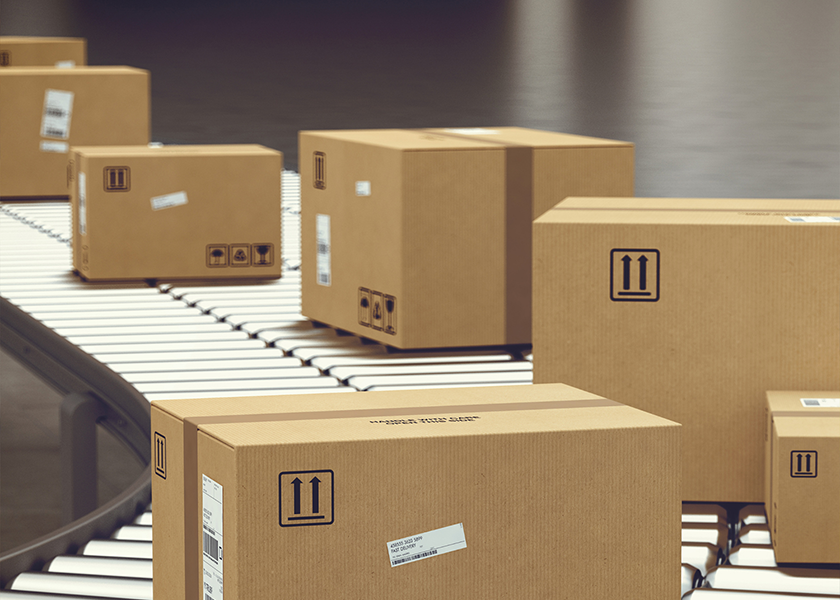Emissions data added to corrugated industry life-cycle assessment

Companies tracking environmental, social and governance, or ESG, performance can now find more information for the life-cycle assessment of corrugated packaging.
A key addition to the corrugated industry’s periodic life-cycle assessments will help companies calculate their cradle-to-gate Scope 3 carbon emissions for corrugated cardboard boxes and containerboard, according to a news release.
Emissions are a key component of sustainability measures related to greenhouse gases. Companies tracking these impacts report on three types of emissions:
- Scope 1 — direct emissions from company facilities.
- Scope 2 — power and energy emissions.
- Scope 3 — indirect emissions related to materials used, transportation and other activities generated outside of the company's walls.
The corrugated packaging industry — suppliers of the corrugated boxes that carry products through supply chains to retail and home delivery — conducts regular life-cycle assessments to quantify the environmental impact of an average corrugated box, the release said. The latest LCA was released last fall.
The new tool identifies the factors to be used for industry-average containerboard, industry industry-average corrugated products, such as boxes and displays, as well as for 100% recycled containerboard and 100% corrugated products, according to the release. Data in the table allows product manufacturers to report indirect emissions generated by using corrugated packaging and containerboard in their operations.
The LCA, conducted for the Corrugated Packaging Alliance by Anthesis and the National Council for Air and Stream Improvement with third-party review by the Athena Institute, recognized the substantial reductions in the environmental impacts of a corrugated cardboard box manufactured in the U.S. in 2020, including a 50% per unit reduction in greenhouse gas emissions since the industry’s first baseline LCA in 2006, the release said.
The study estimated effects to land, air and water based on the circular life cycle of an average corrugated cardboard box from new materials to manufacturing of those materials into products through the distribution/transportation and use of the products, and the end of life, the release said.
Meaningful reductions were also achieved in ozone depletion (13%), energy usage (13%), water usage (18%), acid rain (41%), smog (44%), respiratory effects (54%) and eutrophication, which leads to algae blooms and dead zones in bodies of water (30%), according to the release.
The industry’s progress was attained through energy improvements, strong recycling infrastructure, sustainably managed forests, and an ongoing commitment to improvement, the release said. The industry continues to shift to cleaner-burning fuel, has increased its participation in a greener U.S. electric grid and has made investments in energy efficiency, according to the release.
The introduction of new, fresh fibers from sustainably managed forests drives the removal of carbon dioxide from the atmosphere, the release said, adding that the use of old corrugated containers has also contributed to the avoidance of carbon dioxide and methane emissions from landfills. This combination of both new, fresh fibers and recycled fibers maximizes fiber reuse and enables circularity, according to the release.
Related link: More information on the CPA life-cycle assessment







